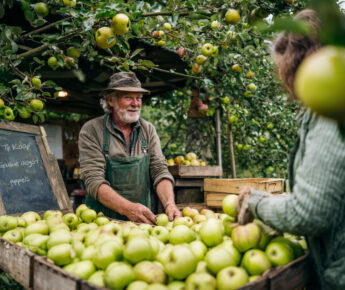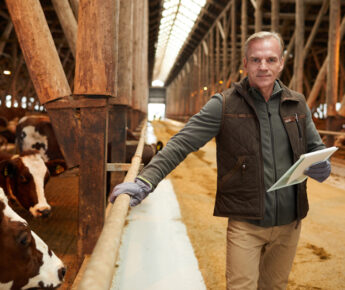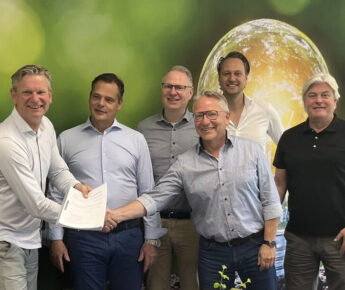 Hello, I am Liel Ophaniels
Hello, I am Liel Ophaniels
I am a young Malawian student at the LILONGWE UNIVERSITY OF AGRICULTURE AND NATURAL RESOURCES. Studying a diploma in environmental mangement with financial help of AgriDirect in the Netherlands.
Environmental Management
Environmental management is a course of study that focuses on the sustainable use and protection of natural resources. The program at Lilongwe University of Agriculture and Natural Resources (LUANAR) likely covers a range of topics, including:
■ Environmental science: The study of the physical, chemical, and biological processes that occur in the environment. Natural resource management: The sustainable use and protection of resources, such as water, forests, and minerals.
■ Climate change: The causes, impacts, and mitigation strategies for climate change. Environmental policy: The development and implementation of policies and regulations aimed at protecting the environment. The link between my courses and agriculture is direct in a way that a healthy environment will promote agricultural production.
The benefits of this course of study for Malawi include:
 Improved management of natural resources: Environmental management graduates will be equipped with the knowledge and skills to manage natural resources in a sustainable manner, which is crucial for the long-term well-being of the country.
Improved management of natural resources: Environmental management graduates will be equipped with the knowledge and skills to manage natural resources in a sustainable manner, which is crucial for the long-term well-being of the country.
■ Increased resilience to climate change: Environmental management graduates will be able to develop and implement strategies to reduce the impacts of climate change on Malawi’s environment and communities.
■ Better environmental policy: Environmental management graduates will be able to contribute to the development of effective environmental policies and regulations that protect the country’s natural resources and support sustainable development.
■ Enhanced economic growth: Sustainable use and protection of natural resources will create a favorable environment for economic growth, leading to improved livelihoods for citizens and economic development for the country.
In conclusion, environmental management is an important field of study that has the potential to contribute to the sustainable development of Malawi by improving the management of natural resources and mitigating the impacts of climate change

Agriculture sector in Malawi
Agriculture is the main economic activity in Malawi, employing over 80% of the population and contributing over one-third of the country’s GDP. The sector is dominated by smallholder farmers who grow maize, which is the staple food crop, as well as other crops such as tobacco, sugarcane, and groundnuts. The country has a favorable climate for agriculture, with two growing seasons each year, but the sector faces several challenges, including soil degradation, limited access to credit, and inadequate infrastructure, which limit productivity and profitability. The government of Malawi has implemented several initiatives to support the agriculture sector, including the development of agricultural infrastructure, the provision of agricultural extension services, and the promotion of private-sector investment. Despite these efforts, the sector remains vulnerable to climatic shocks, such as droughts and floods, which can lead to food shortages and poverty
In conclusion, agriculture is a crucial sector in Malawi and has the potential to drive economic growth and improve the livelihoods of its citizens. However, it faces several challenges that need to be addressed in order to unleash its full potential.
Farm size in Malawi
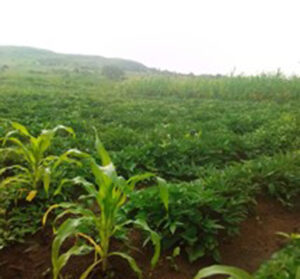 In Malawi, most farms are small-scale and are operated by smallholder farmers. They are typically located in rural areas and are characterized by
In Malawi, most farms are small-scale and are operated by smallholder farmers. They are typically located in rural areas and are characterized by
- Simple infrastructure. Most farms in Malawi have basic infrastructure such as small storage sheds, compost pits, and limited irrigation systems.
- Dominance of maize cultivation, Maize is the most commonly grown crop in Malawi, and most smallholder farms are dedicated to its cultivation.
- Use of traditional farming methods, many farmers in Malawi use traditional farming methods such as manual labor, hoes, and animal-drawn plows, as well as traditional storage systems.
- Intercropping, to increase their income and diversify their crops, many farmers in Malawi practice intercropping, where different crops are grown in the same field.
- Limited use of technology, due to a lack of resources, smallholder farmers in Malawi have limited access to modern farming technologies, such as tractors and high-yielding seed varieties.
Overall, smallholder farms in Malawi are characterized by their simplicity and traditional farming methods, but also have the potential to increase their productivity and profitability with access to improved technologies and infrastructure.
More you will read in my next Boervindt-blog!
Liel Ophaniels – Student Agriculture and Natural Resources
P.S. More about me and my introduction, you can read here »
P.S. Visit the Stella and Truus Foundation at: www.stellaandtruusfoundation.com
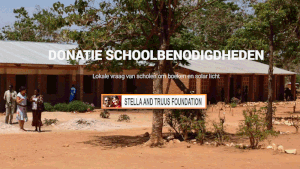

 Hello, I am Liel Ophaniels
Hello, I am Liel Ophaniels Improved management of natural resources: Environmental management graduates will be equipped with the knowledge and skills to manage natural resources in a sustainable manner, which is crucial for the long-term well-being of the country.
Improved management of natural resources: Environmental management graduates will be equipped with the knowledge and skills to manage natural resources in a sustainable manner, which is crucial for the long-term well-being of the country.
 In Malawi, most farms are small-scale and are operated by smallholder farmers. They are typically located in rural areas and are characterized by
In Malawi, most farms are small-scale and are operated by smallholder farmers. They are typically located in rural areas and are characterized by
